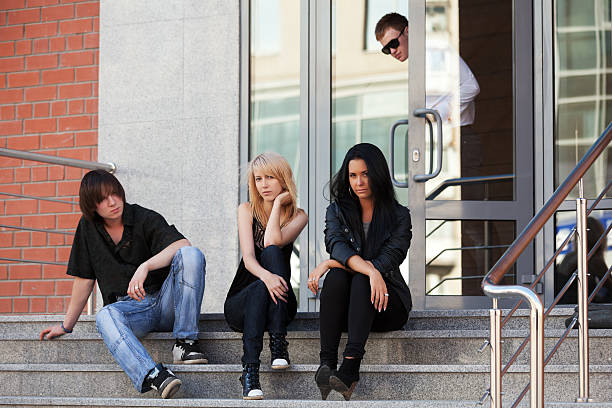Imagine staring into a funhouse mirror – your reflection distorted, warped, barely recognizable. That’s often the experience of marginalized communities seeking traditional therapy. The dominant narratives, approaches, and even language can feel off-kilter, failing to capture the nuances of their unique struggles. This is where culturally Therapy for Marginalized Groups steps in, offering a reflective surface that truly shows who they are.
Why “One-Size-Fits-All” Therapy Falls Short:
For marginalized groups, therapy isn’t just about addressing individual challenges; it’s about navigating the added weight of systemic oppression, discrimination, and microaggressions. Traditional therapy, often rooted in the dominant culture, can inadvertently:
- Miss the mark: Fail to recognize the impact of cultural experiences on mental health.
- Perpetuate biases: Reinforce harmful stereotypes and invalidate lived experiences.
- Create discomfort: Leave clients feeling unheard, unseen, and misunderstood.
Culturally Responsive Therapy: A Different Reflection:
This approach flips the script, offering a mirror that reflects the unique realities of marginalized communities. It involves:
- Therapists who “get it”: Practitioners from marginalized backgrounds or with deep cultural understanding can connect on a deeper level.
- Culturally-grounded modalities: Incorporating practices rooted in specific cultures, like traditional healing rituals or spiritual beliefs.
- Addressing systemic barriers: Recognizing and tackling the social and economic factors that contribute to mental health challenges.
- Language that resonates: Providing therapy in multiple languages, using culturally specific idioms, and ensuring clear communication.
Beyond Therapy: Building a More Equitable System:
While culturally responsive therapy is crucial, it’s part of a larger fight for equity in mental healthcare. We must:
- Advocate for systemic change: Address poverty, discrimination, and lack of access to healthcare for marginalized communities.
- Invest in culturally competent training: Equip all therapists with the skills to provide culturally responsive care.
- Support community-based initiatives: Empower marginalized communities to develop their own healing solutions.
Finding the Right Fit:
Culturally responsive therapy isn’t just about checking a box; it’s about creating a space where individuals feel empowered, seen, and understood. It’s about dismantling harmful stereotypes and building a mental healthcare system that reflects the diverse tapestry of human experience. By offering the right mirror, we can help marginalized communities not just survive, but thrive.
Let’s move beyond one-size-fits-all solutions and embrace the power of culturally responsive therapy. It’s time for everyone to see themselves reflected clearly, with dignity and respect.
